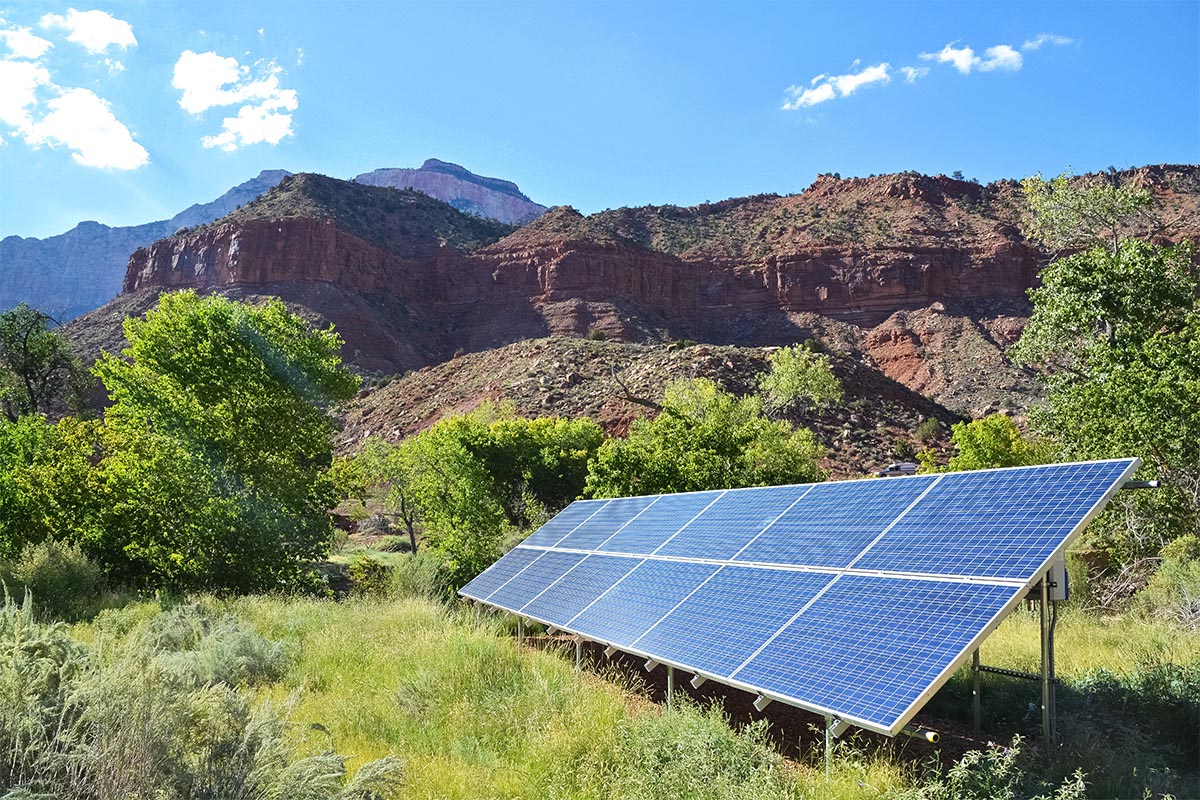
EY’s Global Vice Chair on Sustainability, Steve Varley, speaks to LUX’s Leaders and Philanthropists Editor, Samantha Welsh, about EY’s approach to sustainable investing, the future of sustainability and the steps that need to be taken to fight the climate crisis
LUX: What do you consider to be the principal drivers behind the EY approach to sustainable investment?
Steve Varley: Sustainability is right at the top of the agenda at EY. We announced in October last year that EY has become carbon negative, which means we have reached our target to reduce our absolute emissions, and then offset or remove more than the remaining amount of our emissions, every year. It’s a crucial step forward in our sustainability journey and a key milestone as we work towards reaching net zero in 2025.
Follow LUX on Instagram: luxthemagazine
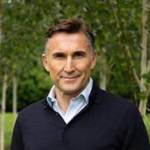
Steve Varley
EY people share our commitment to the environment and to driving long-term, sustainable growth. We want to not only transform EY to become more sustainable, but also help EY clients do the same. This means reframing how business approaches sustainability and putting it right at the centre of how value is created and protected.
Creating a sustainable future requires all of us to be at the table. It demands involvement across borders, services, and teams, across all business functions. It requires alliances between governments, enterprises, and industries. As we like to say: It’s everybody’s business.
LUX: How does a sustainable approach foster growth and add value?
SV: EY clients are increasingly seeking ways to drive value from sustainability. Our Value-Led Sustainability approach focuses on helping clients capitalise on the commercial opportunities presented by sustainability and decarbonisation, but it is motivated by much more than just financial gain. It is central to how we will safeguard and generate new sources of value for everyone on the planet – our people, the society we serve, and the world in which we live.
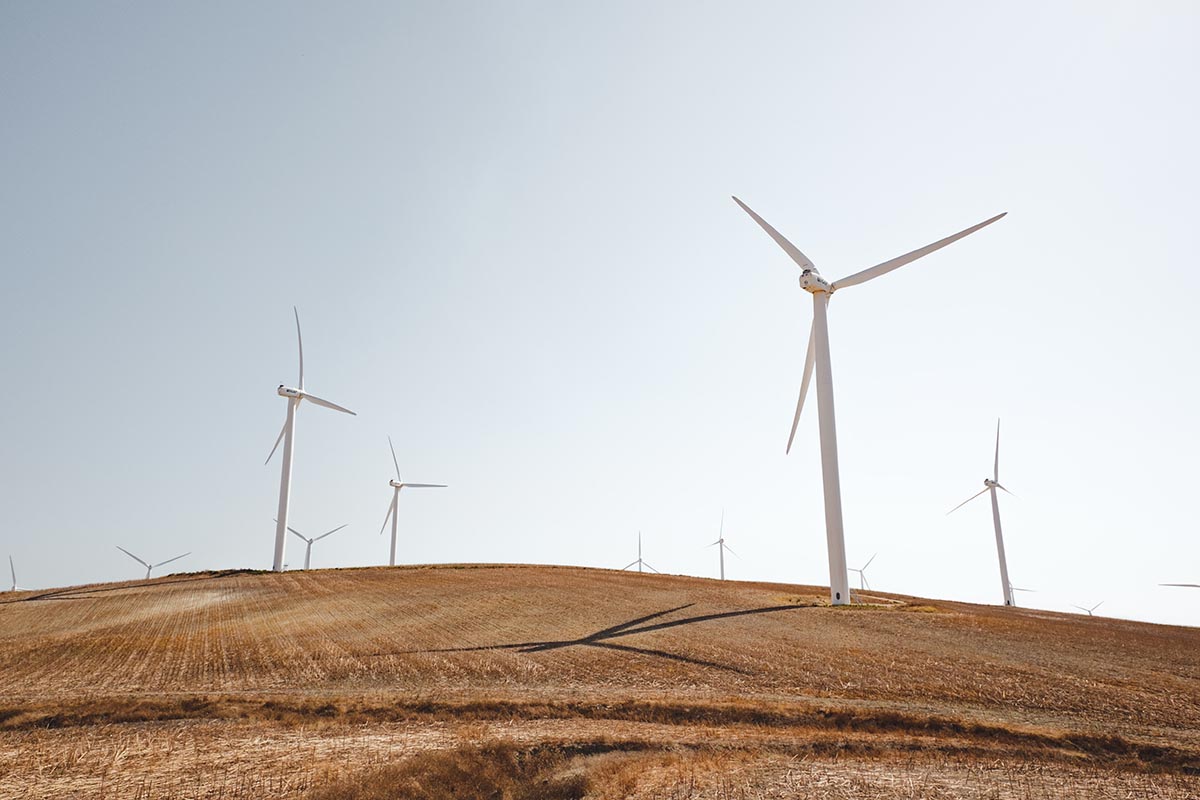
This means leading a wide range of projects, from helping consumer goods companies drive more growth by developing new business models for greener products to collaborating with financial institutions to calculate carbon emissions from the companies they finance, and from this develop new financing solutions to help these companies decarbonise. We want to keep building on this kind of work and continue to develop services that help our clients find value in becoming more sustainable.
LUX: What is the role of the next generation/Gen Z – what are they looking for when it comes to ESG?
SV: The next generation is driven by purpose and expects more from ESG. This is hardly surprising given that both generations Y and Z have lived through a variety of systemic crises, including the 2008 global financial crisis, climate change, and the COVID-19 pandemic. While previous generations may have seen comparable crises, members of these new cohorts are more sceptical of traditional financial services than older generations and they have higher expectations of authentic and ethical behaviour from the organisations for which they work, buy from, and invest.

Gen Z is emerging as the sustainability generation. They want to work for companies that have a positive impact on society and the environment, and they want to see increased transparency and greater corporate accountability for ESG ratings. At EY, a large percentage of our workforce come from this generation, and we are really encouraged by their high standards and expectations. They are certainly holding us accountable, as well as holding clients accountable, and we are all the better for it. We need the next generation’s innovation and solutions if we are to solve the climate crisis and deliver future growth that’s truly sustainable.
LUX: Which leaders are the winning in the time of the climate crisis?
SV: Denmark, in my opinion, is a world leader in wind and solar power generation. Most of its energy is presently derived from renewable sources, with the goal of reaching 100% renewable power by 2030 and becoming carbon neutral by 2050. Similarly, the United States has a sizable venture capital ecosystem that funds renewable energy and electric vehicles, and the United Kingdom has enshrined its 2050 net zero aim in law, placing us second in the world in terms of influence.
While this is extremely encouraging, there is a ‘Green Power Gap’ that has been emerging, with only a small group of developed markets leading the way in terms of climate research, innovation, and public funding, and not enough ‘green money’ flowing to the emerging markets, where the effects of climate change are felt most acutely. EY’s Green Money Report outlines clear recommendations for action to help accelerate a green transition that is truly global and where all countries can take part. I really can’t stress the importance of this enough – the opportunity to avert climate catastrophe must be seized by everyone now, not just by a small handful of countries.
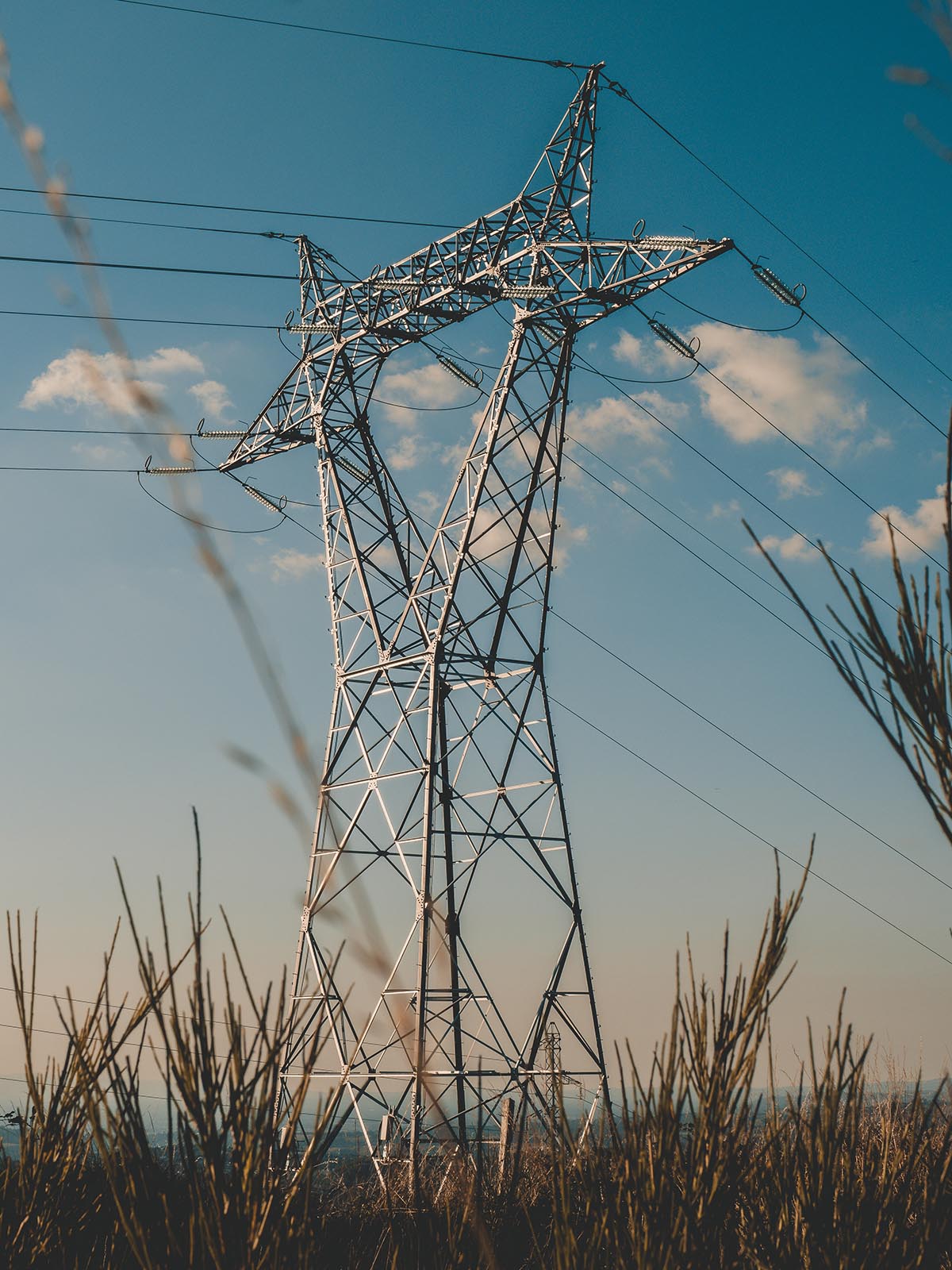
LUX: Can you tell me about the S30 forum?
SV: The S30 is part of the Sustainable Markets Initiative (SMI) led by HRH The Prince of Wales and it comprises Chief Sustainability Officers from some of the world’s most influential companies, all with the joint aim of accelerating business action on sustainability. The forum was launched in 2020 and I proudly serve as co-chair of the group, alongside the CEO of freuds, Arlo Brady.
Members have been drawn from the most influential businesses in the world covering a wide range of sectors, including consumer and industrial products, energy, financial services, life sciences and technology. At its core, the S30 is a space for members to come together, share learnings and best practices, and explore the successes and challenges they are experiencing in their roles. Most importantly, we are focused on outputs and driving collective action that will benefit not only the business community but protect the world at large.
LUX: What can public policymakers learn from business when it comes to sustainability?
SV: Governments cannot address the climate crisis alone; business must play an important role, and public-private partnerships are crucial. Businesses can help the world accomplish its climate change targets by doing three things: mobilising resources to finance the green transition, leveraging clean technology and innovation, and effectively measuring and reporting on sustainability.
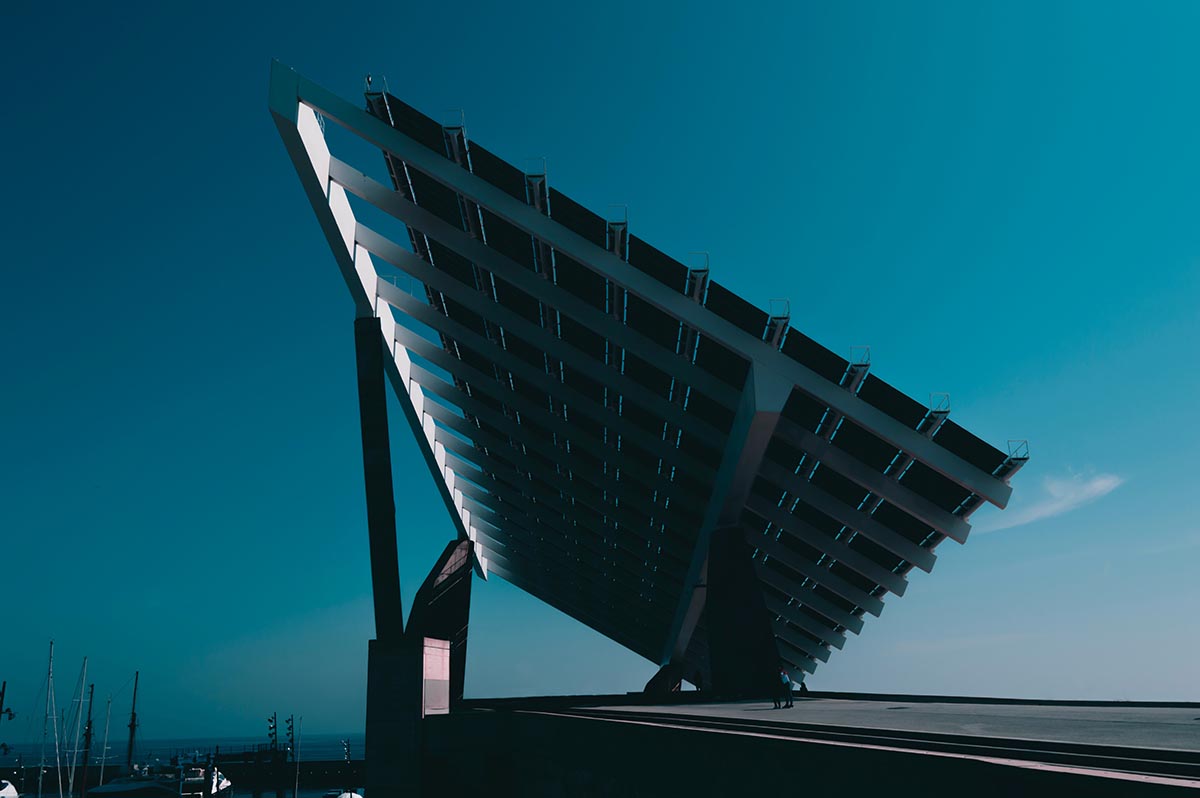
In particular, the financial services sector, in collaboration with governments and regulators, can identify legislative and regulatory adjustments to facilitate financial product and service innovation, simplify rules, standardise taxonomies, and track green money flows to guarantee that transition needs are fulfilled globally.
Governments are providing much-needed policy momentum as we approach COP27, but business will play an incredibly important role in the green transition. The private sector can play an even bigger role at COP and companies across different sectors will need to continue to work hard to help achieve the world’s climate goals. In doing so, they will position themselves for green growth in the years to come.
Read more: Coming Together To Save Our Coral
LUX: How optimistic are you about the progress made at COP?
SV: I’m an optimist, but an optimist that seems to worry a lot. Sustainability has gone mainstream, and after COP26 it really does feel like everybody’s business. We are seeing a lot of CEOs now putting the planet at the heart of their business strategy and looking for ways to create value from becoming more sustainable. What is exciting to see is business applying its skills at innovation, embracing disruption and problem-solving to tackle the biggest issues we face, and doing so while creating value for their stakeholders.

The COP26 debates raised the issue of keeping companies accountable to the climate pledges they make, and the current frameworks in place not being subject to the same level of rigour as financial reporting. It was fantastic to see this topic on the agenda, and the establishment of the International Sustainability Standards Board was widely welcomed. We all know it will be a challenging road ahead, but leading organisations are already reaping the benefits of implementing clear and transparent sustainability targets into their corporate strategies.
The COP27 climate summit is fast approaching in November and it’s clear that major changes must happen quickly right across business and society. We’re ready to help lead the charge.
Find out more: ey.com

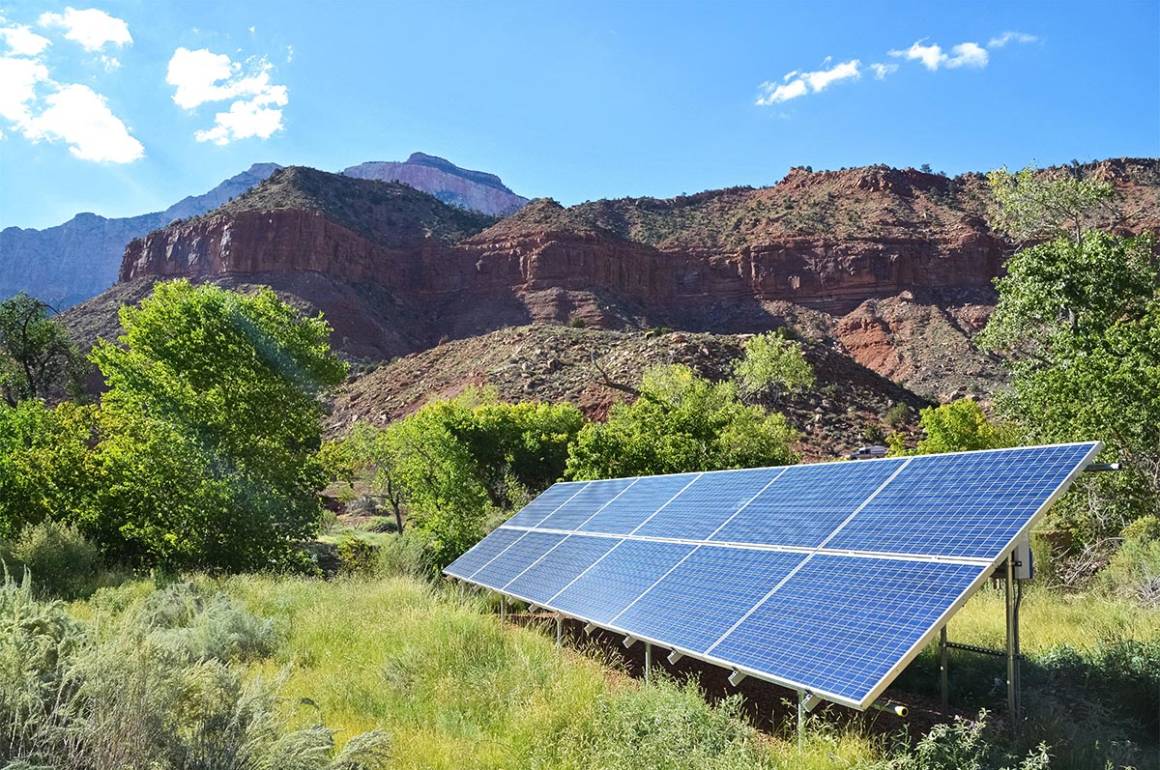
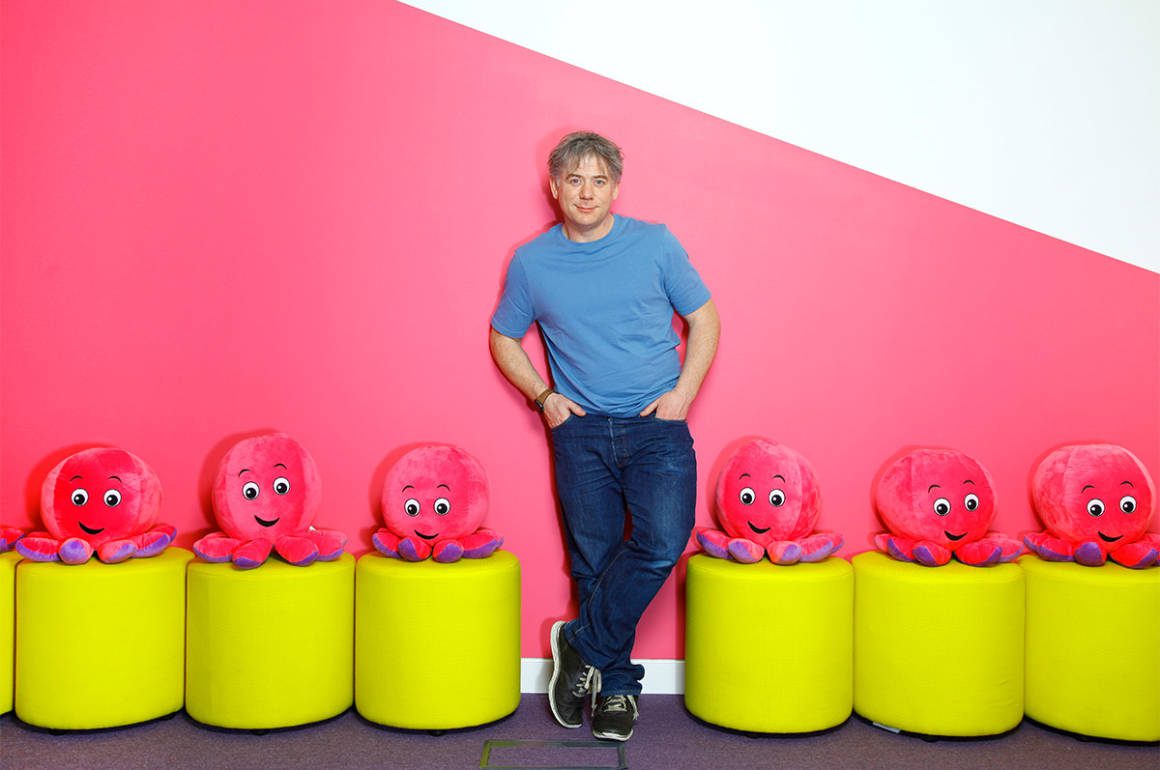
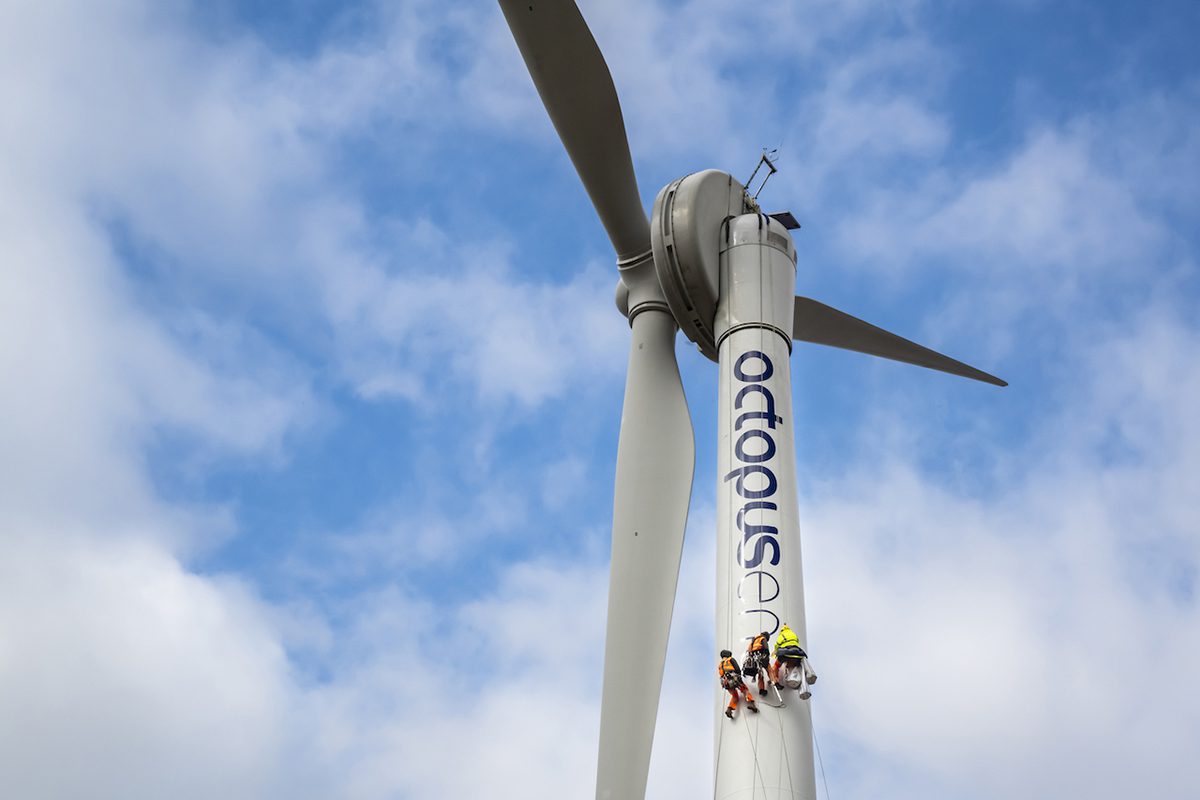
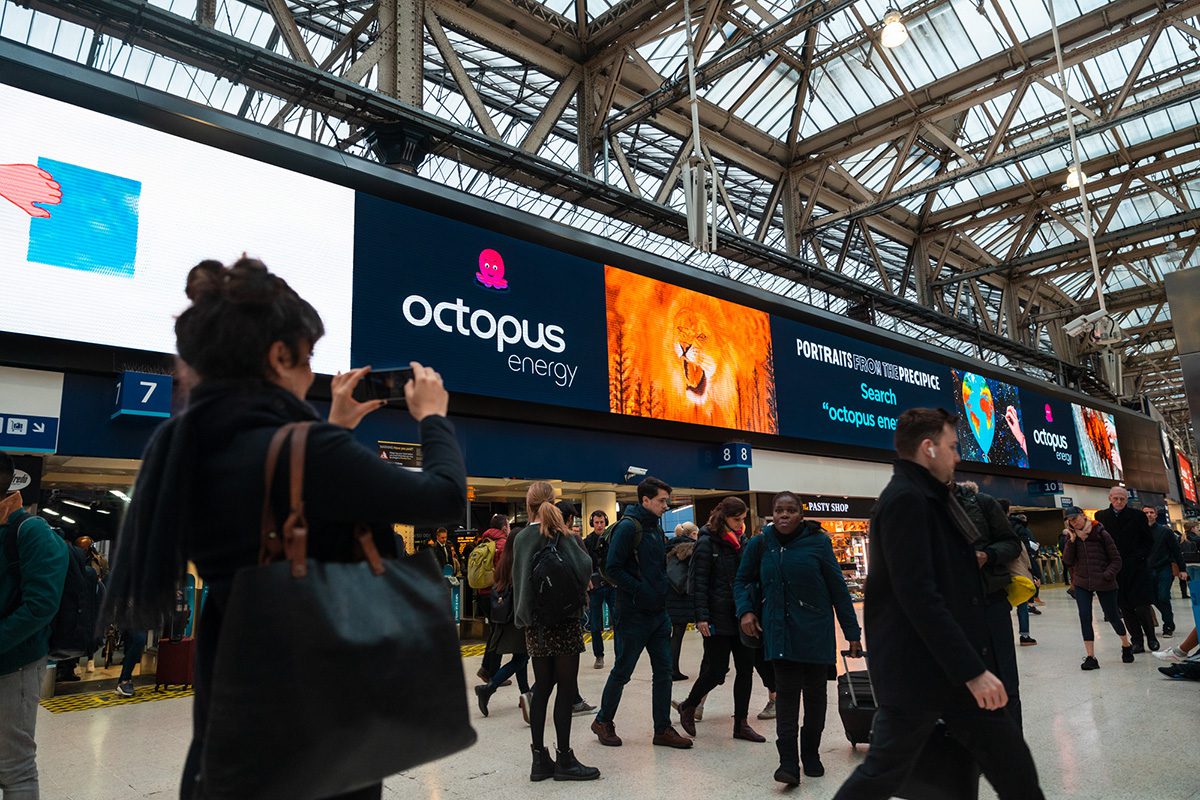
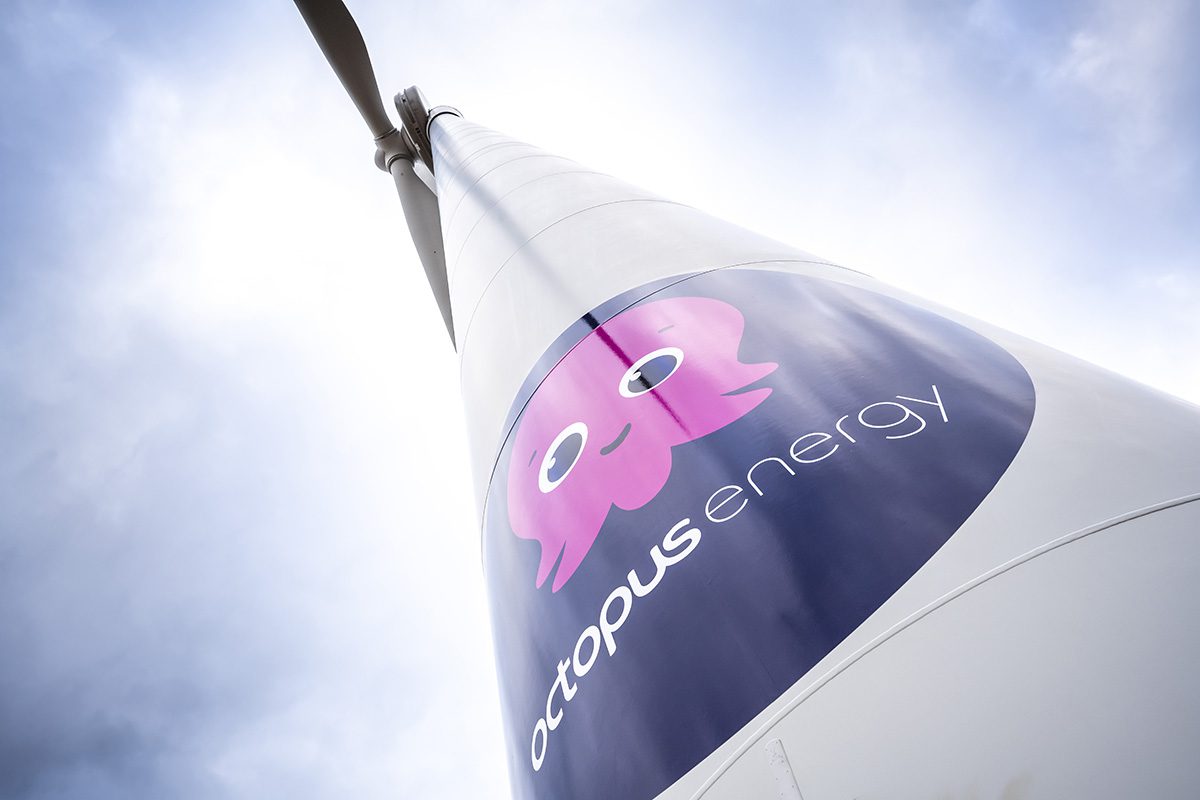

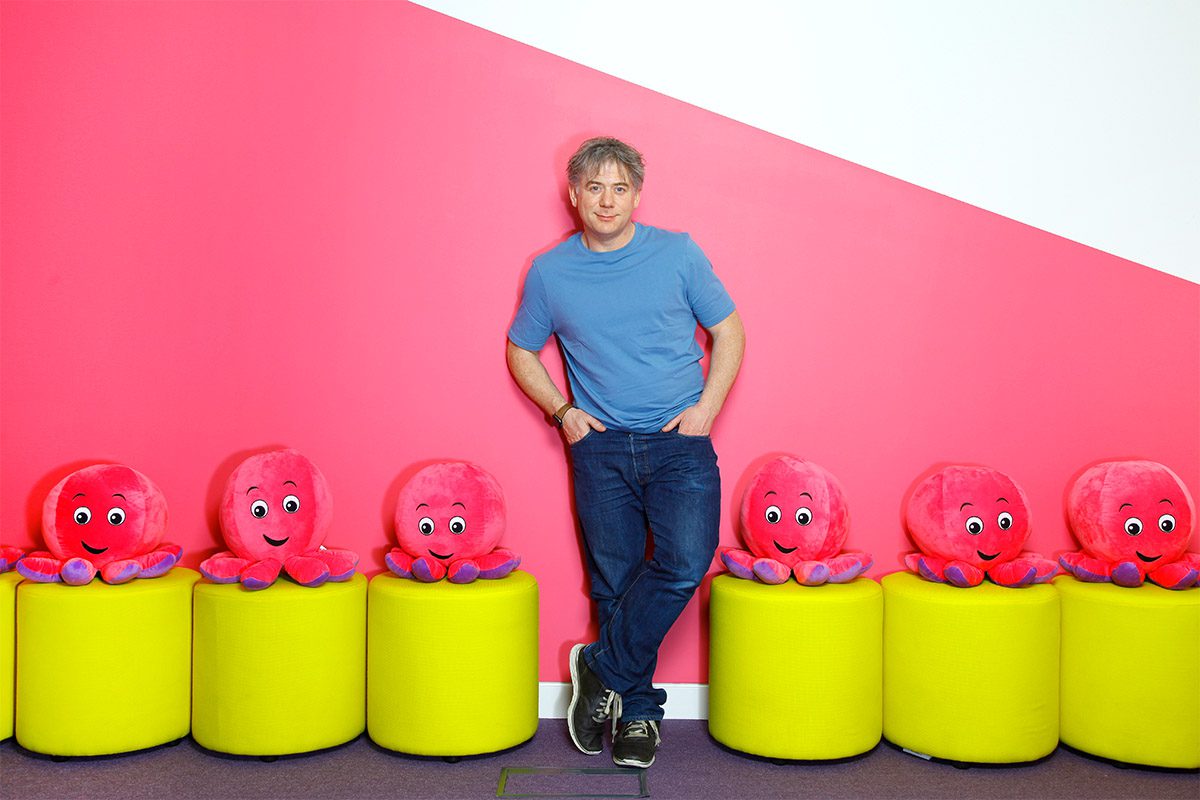





Recent Comments